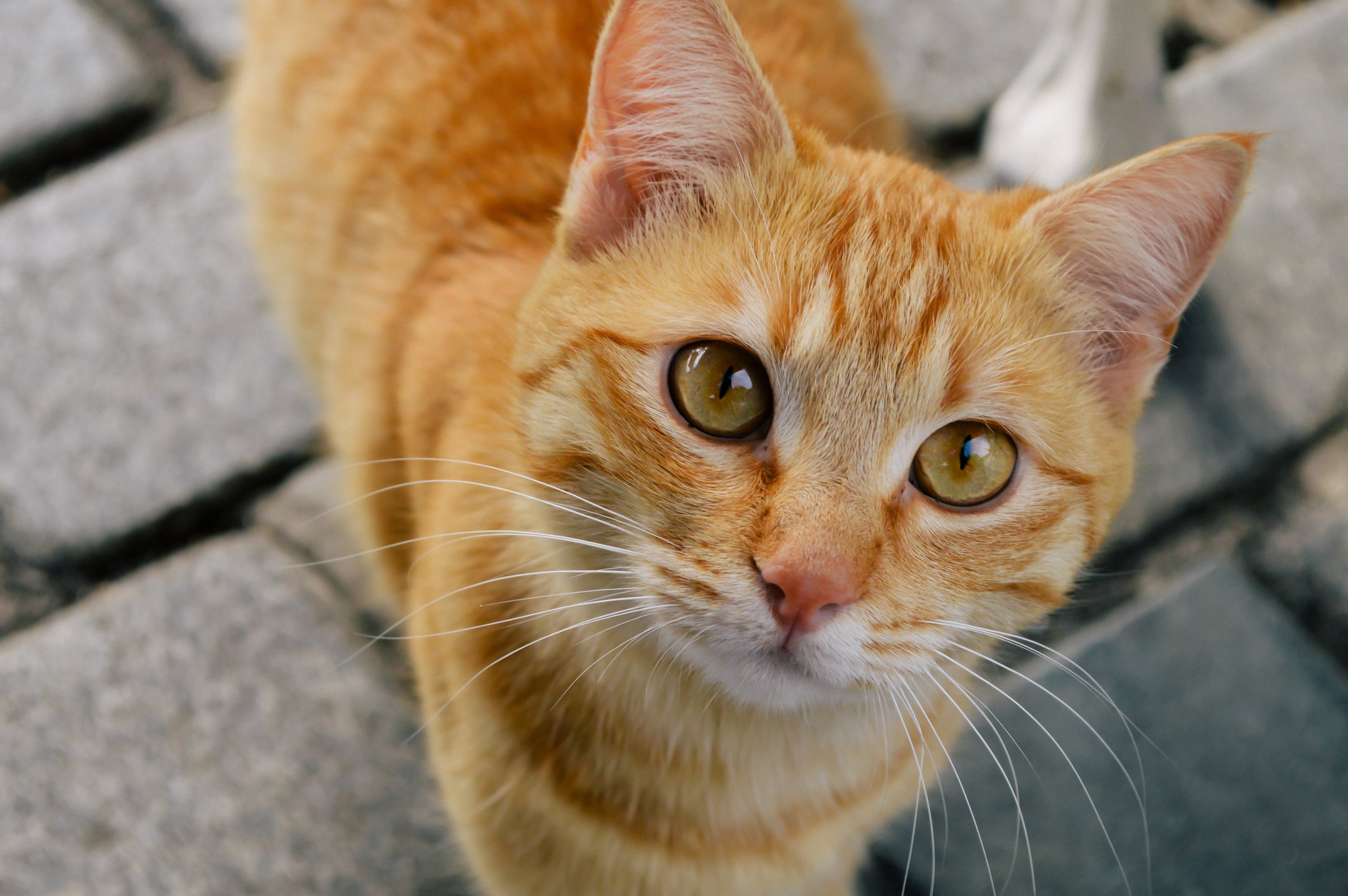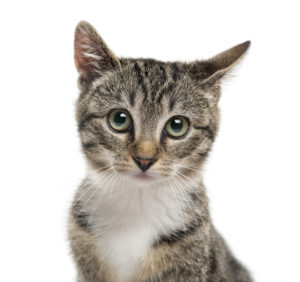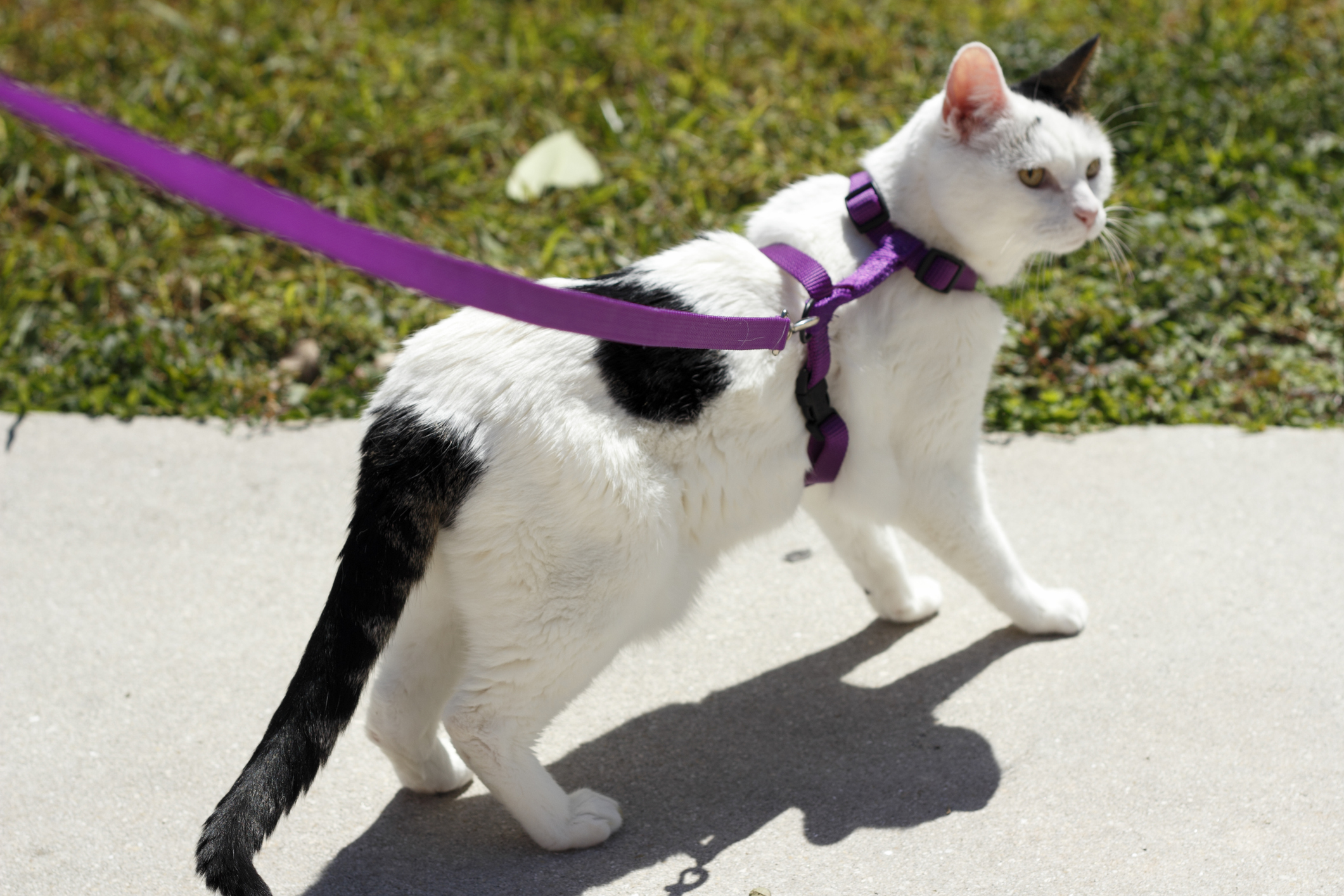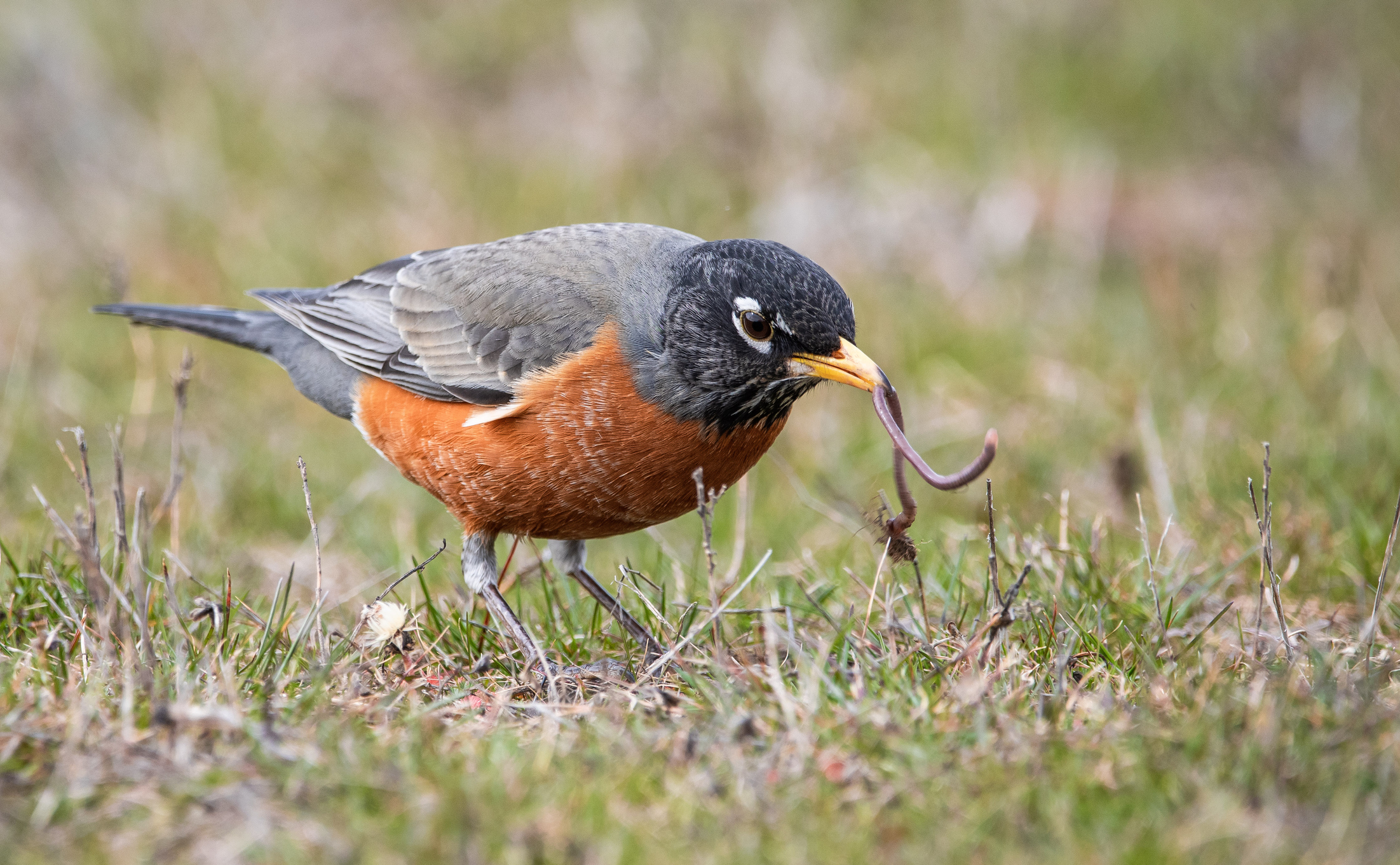Key Facts

- An estimated 196 million birds die annually in Canada, due to feral and domestic cats (1)
- 80% of Canadian veterinarians support an indoor lifestyle for cats, for health reasons (2)
- indoor cats live up to 20 years
- outdoor cats live for an average of 2 to 5 years
- Free-roaming owned, abandoned and feral cats serve as reservoirs for zoonotic diseases (diseases caused by germs that spread between animals and people) such as Rabies, Yersinia pestis, Bartonellosis, Toxocariasis, and Toxoplasmosis (2)
- 59% to 72% of cat owners prevent their cats from roaming unsupervised (3)
- Environment Canada
- Canadian Veterinary Medical Association
- Nature Canada
Responsible Cat Ownership
Being a responsible cat owner keeps your cat safe, helps reduce the number of unowned cats in our community and is better for wildlife and the environment.
 The Five Commitments Made By Responsible Cat Owners
The Five Commitments Made By Responsible Cat Owners
- To provide food, water and shelter;
- To provide veterinary care when required;
- To spay or neuter your cat;
- To keep your cat from roaming outdoors unsupervised; and
- To pick up after your cat if it defecates on or off your property.
No-Roam Bylaw Amendment Under Consideration

Currently, the Town of Gibsons does not require our residents to license their cats or keep them inside.
However, as allowing cats to roam freely outside can threaten biodiversity conservation, human health, and cat welfare, Council is considering amending Dog Licensing and Regulation Bylaw No. 930, 2002 in 2022 to include cats and other household pets, such as rabbits.
**Please note: there would be no cost to the public for bylaw administration or cat licenses.
History
In January 2021, Ian Anderson, a volunteer with Cats and Birds of Nature Canada, presented a 91-page report to Council on the reasons for implementing a “no-roam” bylaw within the Town of Gibsons.
In the report, the Canadian Veterinary Medical Association, the local branch of the BCSPCA, the Gibsons Wildlife Rehabilitation Centre, and Nature Canada all recommend that cats are not allowed to roam free, both for their own safety and to help protect the people and wildlife around them.
 On September 15, 2021, Átl’ka7tsem/Howe Sound (which includes the Town of Gibsons) became Canada’s 19th UNESCO Biosphere Region.
On September 15, 2021, Átl’ka7tsem/Howe Sound (which includes the Town of Gibsons) became Canada’s 19th UNESCO Biosphere Region.
This designation recognizes the entire Howe Sound watershed as a zone of “global ecological significance”, and increases the responsibility of those living and working in the region to conserve and protect the area’s biodiversity.
Accordingly, in December 2021, Council resolved:
THAT amendments be drafted to the Dog Licensing and Regulation Bylaw No. 930, 2002 to address the threats posed by free-roaming cats to biodiversity conservation, human health and cat welfare;
AND THAT the amended bylaw be presented to Council in 2022;
AND THAT there be no cost to the public for administration or cat licenses;
AND FURTHER THAT there be an educational campaign prior to presentation of the amended bylaw to Council.
In Q1 2022, a campaign to educate our community about the benefits of responsible cat ownership, which includes preventing cats from roaming outdoors without supervision, was launched.
Helpful Resources
- Stewardship Centre for BC Responsible Cat Ownership
- Safe, Happy Cat from Nature Canada
- Birds – Nature Canada
- Partnership in action: Helping cats and birds live safer in BC – Birds Canada | Oiseaux Canada
- 8 Tips To Help Birds – Nature Canada

